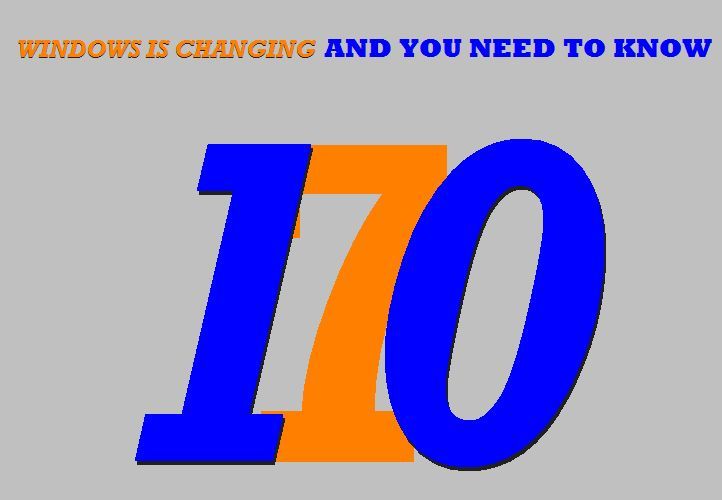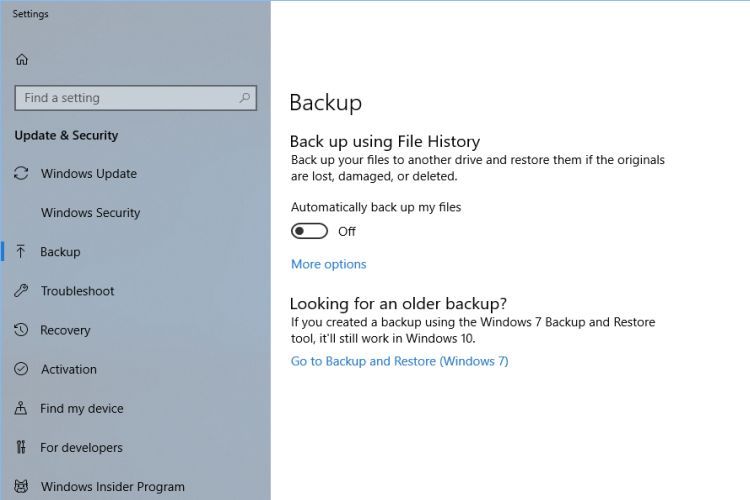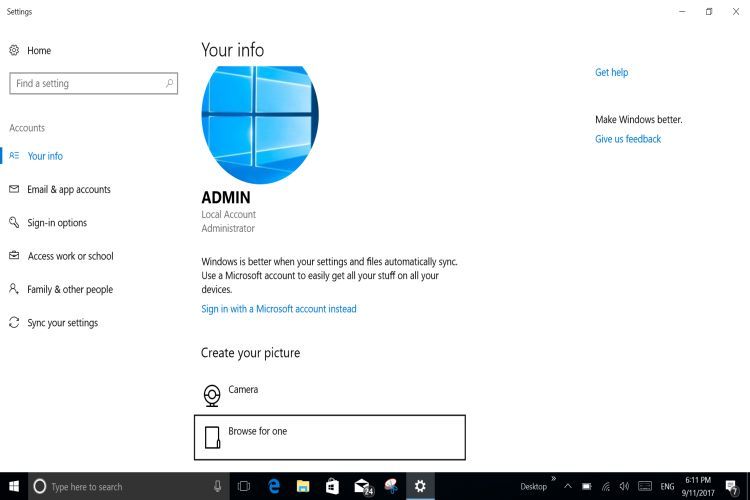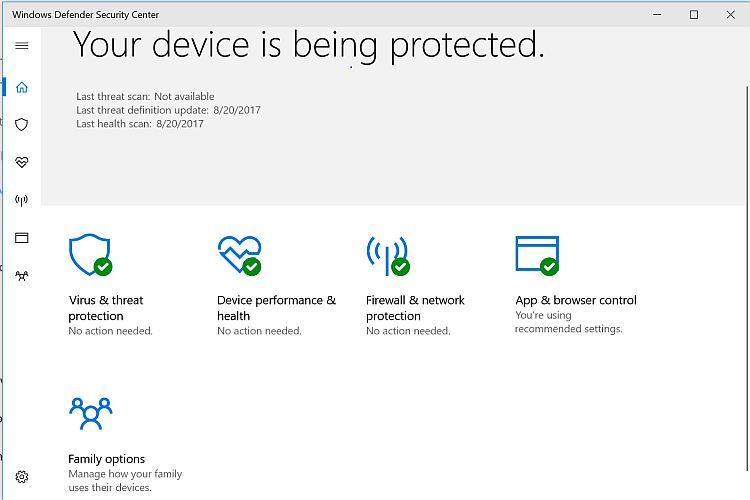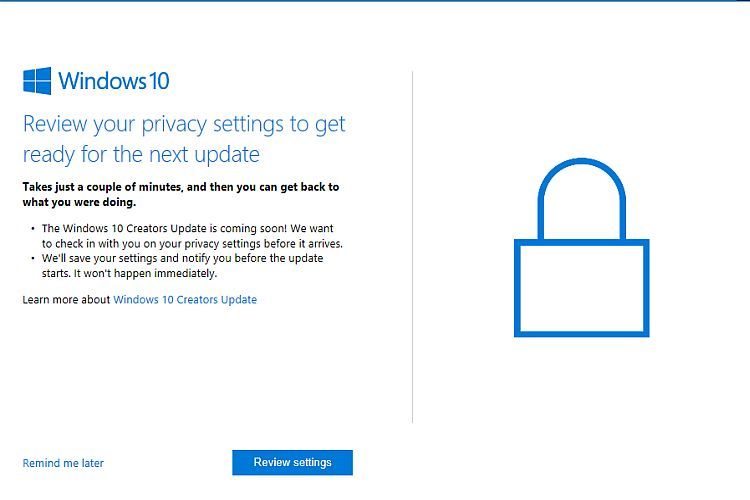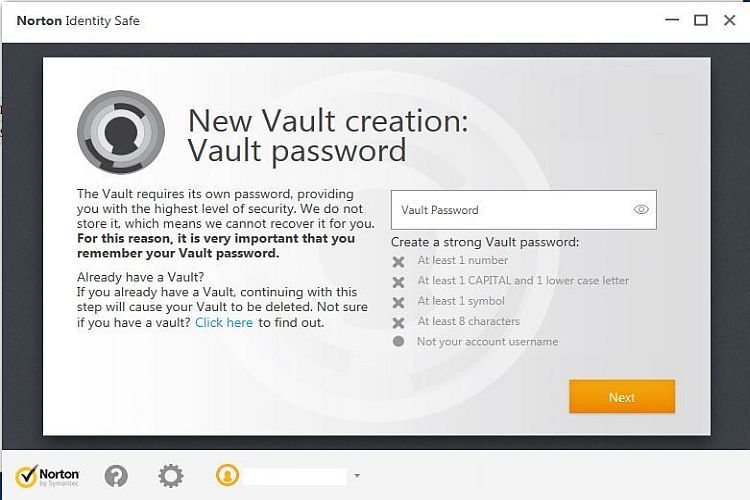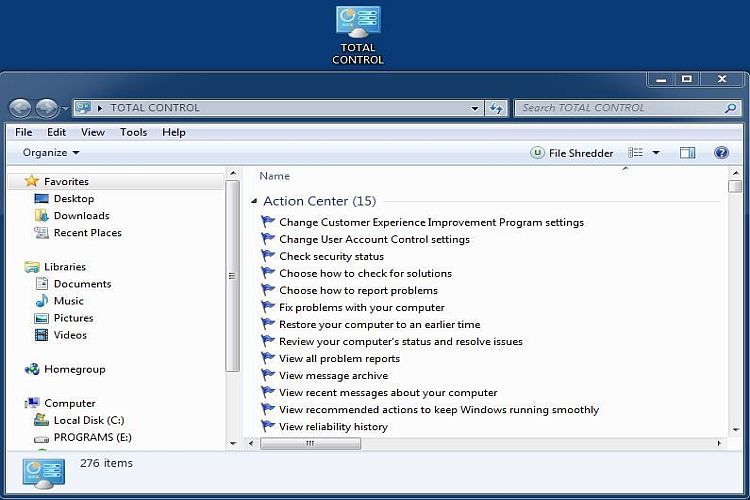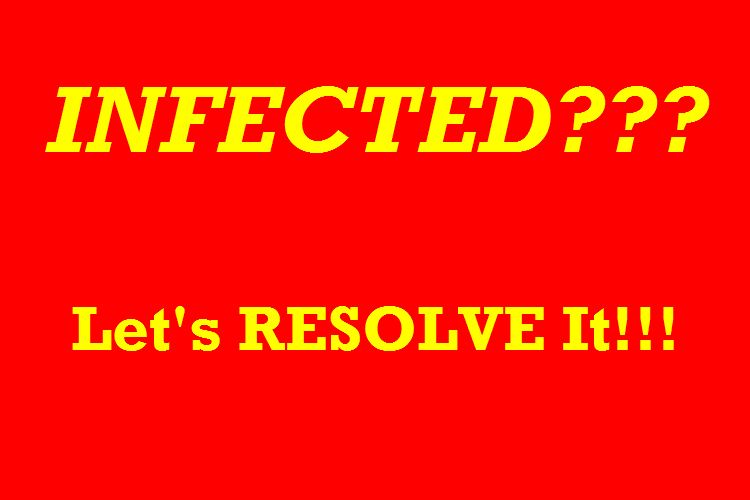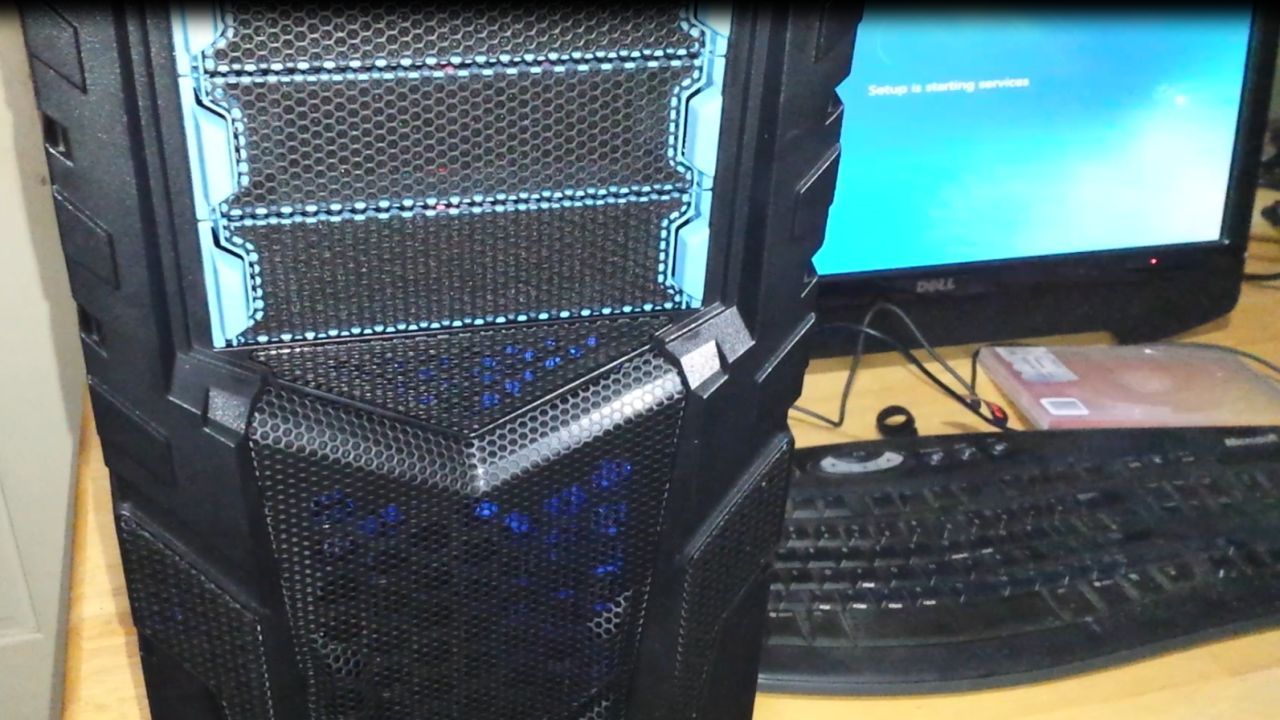
Windows XP Retirement
The fact that Windows XP will no longer be supported by Microsoft as of April 8, 2014 is not news, however there is still very large contingent of Windows XP users out there on the 'net. What this essentially means is that there will be a large group of people going into the month of April with a largely unsupported and soon to be unsecured Windows Operating System. There is only so much that can be done with the malware detection that might still be available for a time and there is only so much that can be done within the Windows XP system itself in efforts to prevent Zero Day Attacks. The fact of the matter is once we get very far into April Windows XP will be very far into a very insecure existence and that means the users of that system will also face potentially extreme security problems on the 'net (notice the indicative darkness of the Windows xp image above).
What are Zero Day Attacks
Zero Day Attacks are not new but the ones that would be specifically targeting Windows XP machines still active after Microsoft retires support on April 8, 2014 could have specific devastating effects. This is because changes will still occur in the newer Microsoft operating system platforms and those changes can be studied, allowing expertly designed malicious code to be executed on Windows XP machines. Under "normal zero day conditions" the attack would occur before anyone knew about the vulnerability used to execute the malicious code on a system, but it would then be patched and fixed. Due to the fact that Windows XP will not be updated by Microsoft there will be no patch, no fix, potentially no control over what the malicious code can accomplish. This includes commandeering the system to become a robot on the 'net and cause all sorts of trouble on all sorts of levels. I know, I know, this does not sound good. Well that's because it's not good. Windows XP machines still active on the 'net much after April 8th are essentially looking for trouble.
How to Survive the Retirement of Windows XP
Quite simply, the best way is to retire and replace it. If your current machine is running XP but has (or can easily be upgraded to) the system requirements of Windows 7 or Windows 8, it would be a good idea to consider doing this upgrade. Although the requirements are higher for 64-bit, basically the machine needs 1GB RAM for 32-bit and 2GB RAM for 64-bit, 1Ghz processor (2Ghz please), at least 20 GB available hard drive space, plus Direct X 9 and 1024x768 display capable video. If your machine does not fit these requirements it may well be overdue for replacement. You can get the Windows 8 Upgrade Assistant HERE which will be specific to helping your own machine, and you can find out if that machine can go up to Windows 8.1, the current Windows OS release.
Other than upgrading your machine's version of Windows there are still a few options open to you but they generally require replacing the machine. You could search eBay and similar online venues and/ or local retailers who might sell used equipment at a fair price. New computers are not necessarily expensive and generally allow you to move your data and settings from old to new computer. You need to understand that Windows XP is about to become a dangerous thing on the 'net. Save your data and find your best solution but please, I implore you, retire Windows XP at your earliest possible opportunity.

